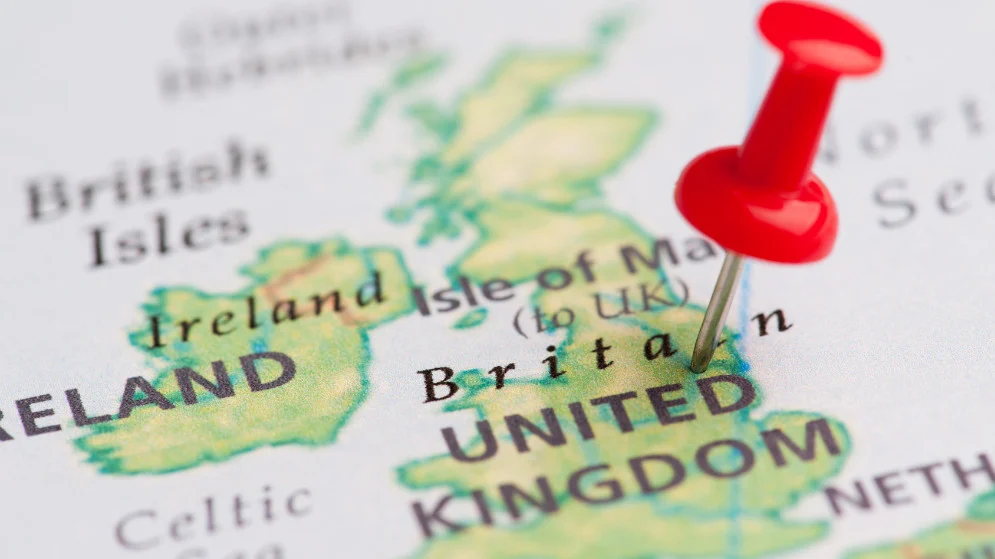While supplier due diligence is a particularly challenging task for operators, stakeholders insist it is the regulator’s role to enforce B2B compliance.
In a speech addressing gambling industry CEOs in November, Gambling Commission CEO Andrew Rhodes advised licensed operators to carry out due diligence against their third-party suppliers to ensure they aren’t supporting illegal or black market activity.
“The Commission’s strategy on combatting illegal gambling is to cause as much up-stream disruption as we can, which is why we have focused on ISPs (internet service providers), payment providers, search engines, software suppliers and more,” Rhodes said at the time.
Rhodes first addressed the issue in 2023, when he asked operators to use their commercial influence with suppliers to ensure they weren’t supporting illegal activity in the UK.
The measure is part of a wider regulatory effort to stamp out the growing black market activity in the UK and further afield.
In September, the Betting and Gaming Council (BGC) released a first-of-its kind report claiming up to £2.7 billion (€3.3 billion/$3.4 billion) is staked online with black market operators each year in the UK.
The report surveyed consumers, asking about their familiarity with illegal sites, how many of them bet illegally and who used virtual private networks (VPNs) to bet and browse privately online.
B2B compliance is up to the regulator
Rhodes’ comment caught the attention of many in the sector, particularly as it seemed to suggest that operators should take some of the regulatory enforcement efforts into their own hands.
Richard Williams, partner at UK law firm Keystone Law, told iGB he believes it would be “incredibly difficult” for licensed UK operators to carry out in-depth regulatory checks on all their suppliers.
“I think it’s incredibly difficult for licensed operators to bring that pressure to bear on the suppliers, other than just asking a simple question,” he said.
“For example, if a software developer supplied games to GB and non-GB licensed operators, how would the licensee know if the non-GB operator was allowing GB customers to gamble with it? The same applies to payment providers and other third-party suppliers.”
Trade body representatives from both Germany and Sweden agree it is ultimately the regulator’s role to ensure stakeholders are fully compliant within their licensed market.
Swedish trade body BOS’ secretary general Gustaf Hoffstedt told iGB: “I believe that countries should be built on law and so that [due diligence] is a task for the lawmaker and regulator.”
He notes that the gambling sector pays high taxes across Europe and therefore should expect the government and regulatory entities to ensure stakeholders are compliant.
Meanwhile, Simon Priglinger-Simader, vice president for Germany gambling trade body Deutscher Online Casino Verband (DOCV) noted, “It shouldn’t be up to the licensed operators to check all their suppliers’ activity, it should be on the regulator.”
Should more markets adopt a B2B licensing system?
However, Priglinger-Simader believes more countries should adopt a B2B licensing system to help mitigate the issue of supplier black market activity. “That would definitely put more pressure on them to be more compliant,” he added.
Sweden opened its B2B licensing system in March 2023 after proposing the measure in January 2022 to help improve the country’s channelisation rate. The new measure, enforced in July 2023, was meant to only allow licensed suppliers with no black-market activity to operate in the jurisdiction.
Finland will similarly require suppliers to secure a licence to operate in its newly regulated market, which is primed to launch in January 2026.
According to the rules B2B providers will need to be certified and licensees must only work with approved suppliers from 2028. B2B licences will run for five years.



